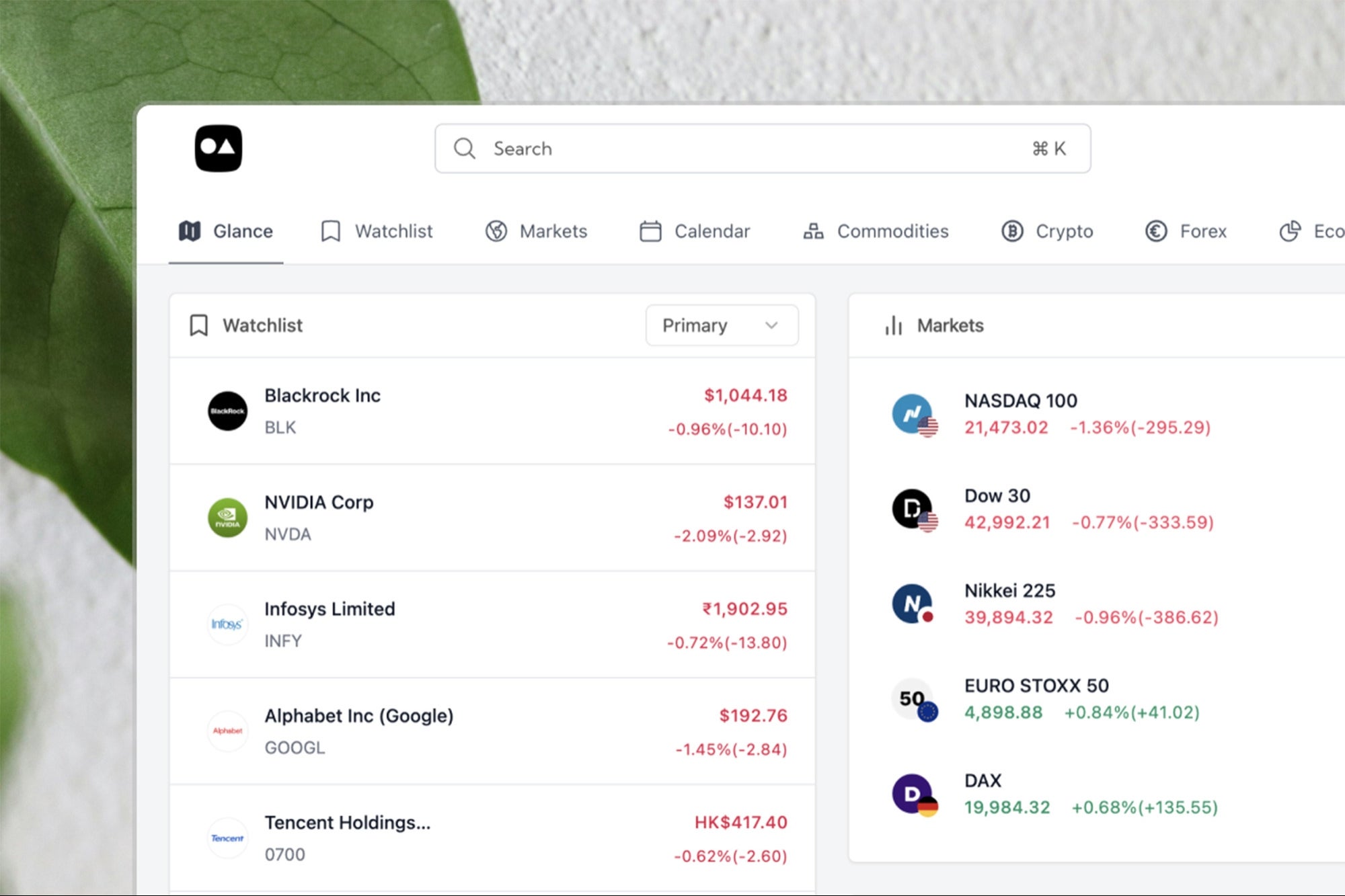This Insurance Strategy Could Save You Thousands Captive insurance companies have saved some firms millions in premiums and taxes.
By Joe Worth
This story appears in the September 2016 issue of BIZ Experiences. Subscribe »

You might, if your business has a net operating income of at least $500,000 a year. For decades, large public companies and nonprofit organizations have formed captive insurance companies, and saved millions in premiums and taxes.
But before we get into the benefits, let's dig into what captive insurance actually is. Put simply, it's insuring yourself. Let's say your company is called Safe Inc. So, Safe Inc. would create its own insurance company, whose only purpose is to insure Safe Inc. (and perhaps some other companies that join in). Then Safe Inc. pays tax-deductible premiums into its insurance, just as it would if it were paying Travelers or Prudential.
Related: 7 Types of Insurance You Need to Protect Your Business
Why bother? For a few reasons. Unlike with major insurance providers, Safe Inc. can decide what risks are covered. Perhaps Safe Inc.'s insurance can include product recalls, strikes, liability, disability claims, HR-related claims, regulatory fines or investigations and natural or man-made disasters, and can even be used as a bridge to afford high-deductible commercial healthcare policies. Safe Inc. will easily save hundreds of thousands of dollars in premiums, because none of its payments are going toward covering a major insurance company's overhead, broker commissions, advertising and profits.
Captive insurance can also make you a smarter company. You'll run your business with an increased focus on customer, employee and plant safety, intellectual property protection and a better appreciation of the financial risks involved in each decision -- because there's no safety net of a gigantic insurer. When we get comfortable, we get sloppy.
There's an entire ecosystem devoted to helping companies set up captive insurance; to find one in your industry or location, contact your current insurance broker. Here's what they'll tell you at the start: First the insurance consultant you hire will help figure out how much coverage you need. (The calculation involves looking at the amounts on your current commercial insurance coverage, and discussing if that's too much or too little.) Then you'll need reinsurance -- basically, insurance on your insurance -- to cover those early years when you may not have enough money in your insurance account to pay for a claim because it takes years to fully fund your insurance.
Related: It's Time to Check Up on Your Insurance Policy
In one company where I was CFO we used captive insurance to provide our employees' health insurance, and backed it up with a low-cost, very high-deductible commercial policy (which kicked in only after $1,000,000 in claims were paid out per year per family). We were able to specify the details of the policy and administered it in-house for the benefit of our employees, rather than for the benefit of an insurance company.











